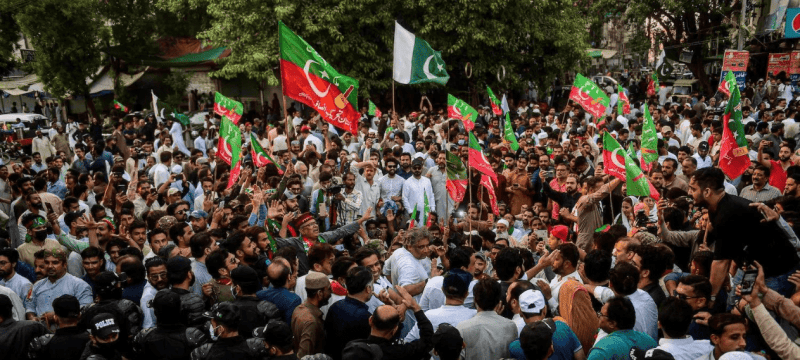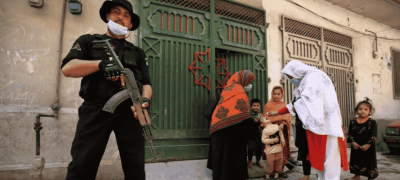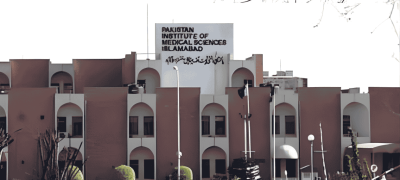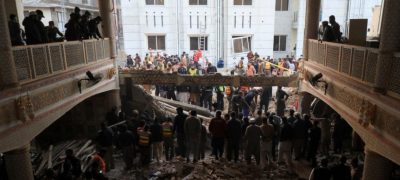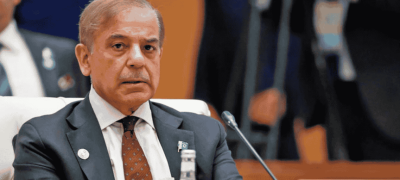In a significant development, the Pakistan Tehreek-e-Insaf (PTI) has raised concerns over the nation’s growing isolation in the international arena, attributing this unsettling trend to what it views as a flawed foreign policy strategy implemented over the past 17 months.
Amidst the backdrop of economic and political challenges, Pakistan’s foreign relations have faced setbacks due to what the PTI Core Committee perceives as ineffective policies. This revelation emerged during a recent meeting where the committee convened to discuss the G20 Summit held in India and the state of affairs within the country, particularly in light of the upcoming general elections.
The PTI Core Committee emphasized the pivotal role of an elected government with a public mandate in safeguarding Pakistan’s interests on the global stage. It underscored the necessity of sound foreign policy and diplomatic efforts to navigate the complex terrain of international relations effectively.
Challenges Surrounding Foreign Investment:
Furthermore, the committee evaluated the government’s efforts to bolster Pakistan’s economy, particularly through direct foreign investment (FDI). It expressed reservations about promoting FDI in a nation that it views as lacking in essential aspects such as justice, the rule of law, and political stability. The committee’s stance was clear: “Internal stability and adherence to the rule of law are fundamental prerequisites to attract investment in any country.”
Domestic Concerns and the Path to Stability:
Additionally, the committee voiced concerns about the domestic environment and the challenges facing Pakistan’s democratic processes. It noted that instead of witnessing improvements, the nation is experiencing further deterioration, especially regarding the delay in adhering to constitutional requirements regarding elections.
To address Pakistan’s isolation on the global stage and attain lasting stability within the country, the committee stressed the urgent need for a return to constitutional governance and the principles of democracy. It highlighted the importance of upholding the rule of law, adhering to constitutional norms, and ensuring a just and stable political environment.
Condemnation of State Actions:
The committee also strongly condemned instances of state action that it viewed as infringing upon democratic rights. It cited the police firing on peaceful citizens in the Batkhela area of Malakand as a severe form of state authoritarianism. The arrests of peaceful protesters expressing concerns about inflation, unemployment, and lawlessness were deemed unacceptable.
The committee called for the immediate restoration of the people’s right to vote and criticized efforts to delay elections, contrary to the Constitution.
Gilgit-Baltistan Election Controversy:
In addition, the committee vehemently condemned the withholding of election results in the Gilgit-Baltistan Assembly Constituency 13 Astore 1. It called upon the G-B Election Commission to respect the people’s choice and promptly announce the election results, refraining from hindering the victory declaration of PTI candidate Khursheed Khan.
Quaid-e-Azam’s Legacy:
On the occasion of Quaid-e-Azam’s death anniversary, the committee stressed the importance of adhering to the principles of the Father of the Nation as a means to navigate the country’s current challenges.
“Quaid-i-Azam’s political philosophy is rooted in democratic values, unwavering adherence to the rule of law, and complete respect for constitutional requirements in state affairs.”
The committee concluded that the decisions made by elements imposed on the state and government were leading the nation away from the values espoused by the leader, emphasizing the need for thoughtful and considered decision-making processes to align with the nation’s core principles and international aspirations.


